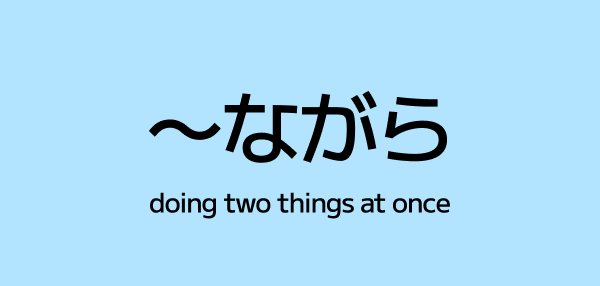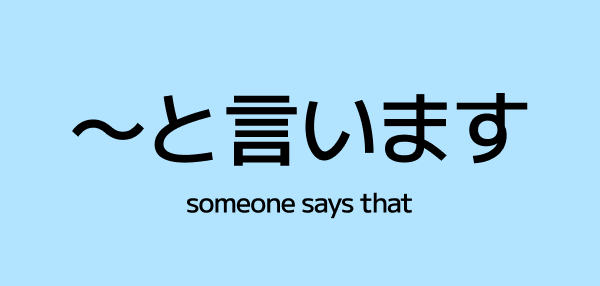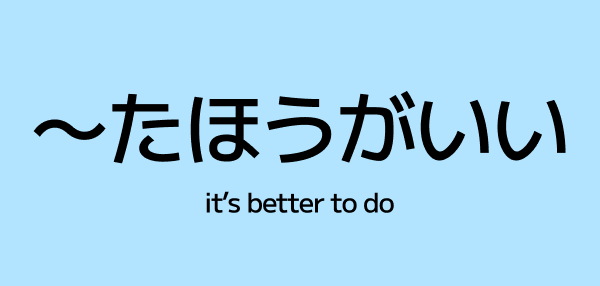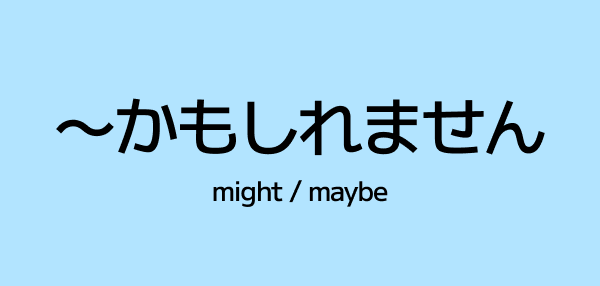~と思います – How to Say “I Think…” in Japanese
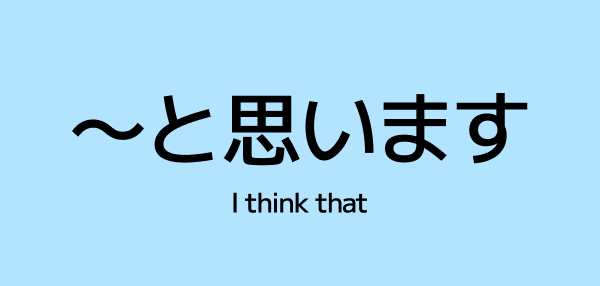
Ever want to share your opinion in Japanese, like “I think it's cute” or “I don't think he’ll come”?
That’s where ~と思います(to omoimasu) comes in. It’s one of the most natural and useful phrases in daily conversation, whether you're making a guess, expressing a feeling, or just softening your opinion.
In this guide, we’ll cover:
- What ~と思いますmeans and how to use it
- Real-life examples from everyday conversation
- How to use it in negative form
- A few casual/slang variations (for fun)
Let’s go!
What Does ~と思いますMean?
「~と思います」(~と おもいます) literally means “I think that...” or “I believe that...”
The 「と」 is the quotation particle, and 「思います」 is the polite form of the verb 「思う」(to think).
It’s a great way to share your opinion without sounding too direct or pushy (which Japanese people generally dislike). You’ll hear it a lot in conversation, especially when expressing guesses or feelings.
Basic Sentence Pattern
[Sentence / word] +と思います
- おいしいと思います。 I think it’s delicious.
- あしたは雨だと思います。 I think it will rain tomorrow.
- 彼は学生だと思います。 I think he’s a student.
Use だ beforeとwhen quoting a noun or な-adjective.
Examples in Real Life
Here are some natural, everyday uses:
- あの人はかっこいいと思います。 I think that person is cool. 😊
- あの映画はあまりおもしろくなかったと思います。 I don't think that movie was very interesting.
- 彼女は来ないと思います。 I don’t think she’ll come.
- それはちょっと高いと思います。 I think that’s a little expensive.
You can use this with both positive and negative forms, including verbs, adjectives, and nouns.
When to UseだBeforeと
Use だ before 「と 思います」 when quoting:
- Nouns
- な-adjectives
Examples:
- 彼 は 有名人だと 思います。 I think he’s a celebrity.
- この 町 は しずかだと 思います。 I think this town is quiet.
You don’t needだ after verbs or い-adjectives:
- 日本語はむずかしいと思います。
- 彼は来ると思います。
Saying "I Don't Think..."
To say “I don’t think…”, negate 思います instead of the phrase before it.
- 行かない と思います。 → I think (someone) won’t go
- 行く と思いません。 → I don’t think (someone) will go
Both are used, but:
✅ 行かないと思います sounds more natural/conversational 🚫 行くと思いません is grammatically fine but less common
Try It Yourself!
1. “I think Japanese is interesting.” → 日本語は おもしろいと 思います。
2. “I don’t think he’s coming.” →彼は来ないと思います。 💡Use the negative plain form来ない(konai) inside the quote.
3. “I think this ramen is the best.” →このラーメンが一番だと思います。 💡When quoting a noun +だ, include theだbeforeと.
4. “I think that person is a teacher.” → あの人は 先生だと 思います。
Quick Recap
- ~と思います= “I think that…”
- Use と to quote your thought
- Add だ before と when quoting a noun or な-adjective
- To make it negative, say 行かないと思います (not 行くと思いません)
What do you think?どう思う?意外と簡単だと思います🤭

